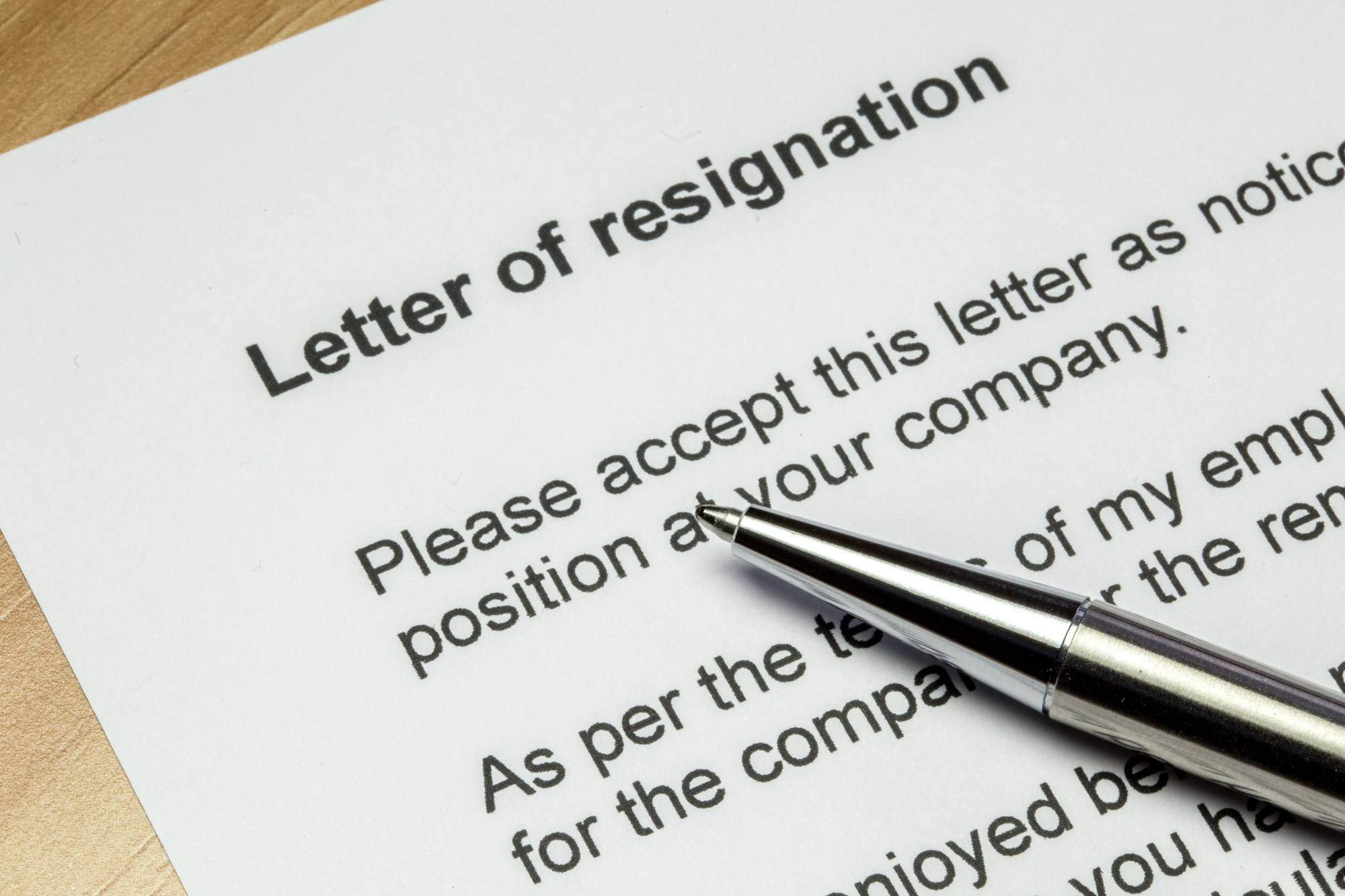What Are The Risks of Accepting a Counter Offer After Putting In Your Notice?
What Are The Risks of Accepting a Counter Offer After Putting In Your Notice? As someone who just hopped jobs not 8 months ago, I feel that I am somewhat uniquely qualified to answer this question. For starters, accepting a counter offer is probably one of the riskiest things that you can do in corporate, so only do it is if makes complete sense, if you know the people that you are getting into business with, and if you are getting a significant raise. For instance, in my case I was making $55,000 and the new job offered me $75,000 a year. The old job gave me basically no counter, but I probably could have stomped and yelled to get up to maybe $63,000 or so, not including bonus. It was not worth it, like my new boss told me right as I was about to put my two weeks notice in “if you put your notice in and then retract, if they do layoffs you’re the first to go, just about always” and he was absolutely right! And while they did lie a bit about how slow the position would be (I was promised non-stop work and it’s bad politically and there is actually very little work day to day. But I’ll hand it to the guy he did not lie about the money, which is the most important thing I guess.) I chose to just go, the benefits of this are:
The old company actually respects you and you can always go back in 6 months or a year – If you left on good terms, meaning you put in your notice and you actually leave, then they can’t really fault you. You took another opportunity, and in a few short months, they will grow to respect the decision and you will have them happy.
The new company will be glad you came and will respect you for the risk you took – Like Jordan Peterson says, there is no way out of risk. Once you get to a certain point of the interview process,  both yourself and the new company can pretty much tell what move you are going to make, and so if you end up re-negging, especially after you give them an answer, it is very BAD business generally, and is not recoverable. The only exception is if you get an offer, you decide to decline without countering (you have to make sure your original company does not even know that you are interviewing and that your new company is told in ample time a straight up No, so that they can keep looking.)
both yourself and the new company can pretty much tell what move you are going to make, and so if you end up re-negging, especially after you give them an answer, it is very BAD business generally, and is not recoverable. The only exception is if you get an offer, you decide to decline without countering (you have to make sure your original company does not even know that you are interviewing and that your new company is told in ample time a straight up No, so that they can keep looking.)
This is in alternative to taking the new offer, using it as leverage for the old offer, then just telling the other company No. This is generally very bad business, and in fact I would almost never recommend this.
Here is the Only Time that I Would Re-Neg On an Offer And The Only Time That I Have In Fact Done This
I did this once, back in 2020. I had two interesting job offers in front of me, one for a Wedding Dress E-Commerce company as a Financial Analyst and an Accounting apprentice. The other one was at a big name bank as a Wealth Management associate. I would have taken the big name bank in a heart beat, obviously, however the problem was they were dragging their feet so much (like it took 2 months for me to start after I got my initial offer) that I had some serious doubts that they were ever going to be giving me a start date and letting me actually work there.
| Related Posts |
|---|
What happened was my patience hit its limit and I called the Wedding dress company and accepted the offer. I had been unemployed for like 6 months at the time, it was right when I was out of college, and I was literally flat broke! I had like $6,000 in my checking account and $3500 in credit card debt. So yeah, I was getting by on remaining dirt financially. So I take the offer, the wedding company was $36,000 a year and the bank was $41,000 per year, with a raise to $45,000 once I got my licenses. As soon as I get off the phone with the wedding dress company, the guy from the bank calls me back and says “hey sorry for the delay. I just sent over your offer letter, let’s do this, I can have you in here right after new years.” So obviously I called the wedding company back and told them that I was taking the other job.
This turned out to be a fantastic move, because it was right when COVID hit so had I taken the other job I would have been fired, and would have had much less money in the meantime. Obviously there are instances where doing something like this makes sense, like if its a drastic difference in quality between the two companies. However if it is just a slight upgrade, like 60K to 80K between banks, either stay where you are at, or accept the offer and leave, but don’t have any half measures. Pick your side, people hate flakey people. If you go to the new company your new boss will respect you for it, and if you leave the old company, your old boss will respect you for it down the line. Otherwise, if you put in your notice, then re-neg and stay, now you’ve upset both sides, and you are in a bad spot from both of them.
Why This Is An Awesome But a Frightening Chess Position to Be In This Spot
It’s awesome because for a brief moment you are untouchable, and you get a little taste of what it feels like to have options. It is brief however, as brief as a few weeks, in that you eventually have to commit to one company and then either stay or leave, and accept all the risks of such happening. It is short term invulnerability, which is useful no doubt, but it comes at the cost of possibly immense risk down the line.
Final Thoughts On What Are The Risks of Accepting a Counter Offer After Putting In Your Notice?
And there you have it! It is always a huge risk changing jobs because you truly have no idea what is on the other side, and sometimes you have to just go with your gut or get lucky. In my spot, I traded one Wealth Management job for another one with a completely different set of problems, and overall they are equally as bad and equally as good, even with the different pay structures etc. Best of luck in the never ending corporate battle out there my friends, gold awaits if you can withstand the pressure and keep slaying dragons!
Cheers!
*Inflation Hedging.com
Sources:
https://www.bankrate.com/banking/cds/cd-rates/
https://money.cnn.com/data/markets/
Disclaimer: The opinions and documentation contained within this article and on this blog are the sole property of inflationhedging.com and are not to be copyrighted or reproduced in any manner, else legal action within the rights of the United States legal code could be use to obtain recompense. All articles and blog posts are the sole opinions of the writers of the blog, and are not necessarily in line with what exactly will work for you, you should consult a CPA, Tax Professional, or Financial Professional to determine what exact financial needs are in line with your interests. Also, from time to time, certain links on this website will be used to generate affiliate commissions, in order to support the health and growth of our website, health and business.











[…] Previous How to Get Traffic To Your Website From Reddit? […]